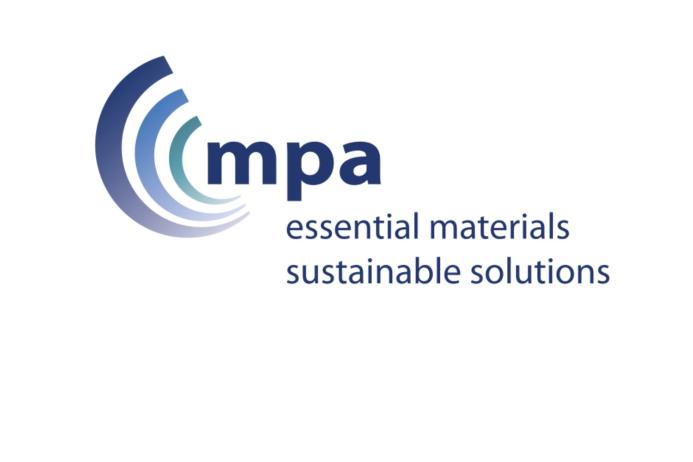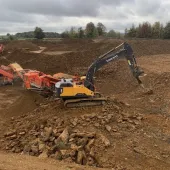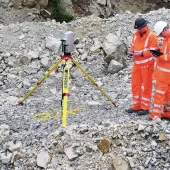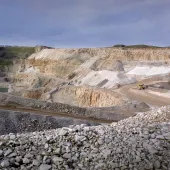MPA calls on NISTA to boost delivery on infrastructure strategy
Association welcomes 10 Year Infrastructure Strategy Working Paper but says a few key changes still needed
THE Mineral Products Association (MPA) has urged the new National Infrastructure and Service Transformation Authority (NISTA) and HM Treasury to seize the moment to boost delivery of transport, energy, and other infrastructure.
Representing producers of aggregates, asphalt, cement, and concrete – materials essential for roads, railways, energy networks, and water-management systems – the MPA has welcomed the Government’s 10 Year Infrastructure Strategy Working Paper and the establishment of NISTA to oversee delivery of the strategy.
Given the essential role domestically sourced mineral products play in UK infrastructure, and the many challenges the industry faces, the MPA responded positively to the Working Paper, encouraging the Government to make a few key changes that will help materials suppliers, planning authorities, and infrastructure providers alike to deliver better outcomes for the UK.
This includes an improved ‘infrastructure pipeline’ that would enable the Government to be held to account for delivery, and ‘construction material supply audits’ for major projects that would enable the mineral planning system to take future need into account.
Infrastructure delivery has long been a concern for MPA members, with projects such as HS2, RIS 1 & 2 (Road Investment Strategies), and East West Rail subject to repeated delays, descoping, and partial or full cancellation. That has been exacerbated by the fact that most projects do not involve the material supply chain in advance, according to the MPA, although it acknowledges recent improvements, with the Lower Thames Crossing being a great example of early engagement.
Mark Russell, MPA executive director for environment and mineral planning, said: ‘The development of a new quarry may be up to 15 years from identifying the resource to the first supplies of material, so restoring long-term confidence is essential to ensure there is a steady and adequate supply of construction aggregates for future infrastructure needs. The proof of the Government’s strategy will be in the delivery, but the intention is definitely in the right direction.
‘We have long called for a national minerals strategy to support ongoing delivery of the housing and infrastructure the country badly needs. This is even more important in the context of declining construction aggregate reserves – not because we’re running out of mineral but because the planning and permitting process is so slow and onerous that operators are deterred from investing.’
Robert McIlveen, MPA senior director for communications and public affairs, said: ‘The Government has made kick-starting economic growth their number one mission, and rightly so. Delivering on infrastructure is vital for the long-term success of the UK and this 10-year strategy looks set to support our industry in helping to deliver public projects that, in turn, will boost the economy. It’s easy to call for greater certainty, harder to deliver it, but this Working Paper sets out some promising steps. We encourage the Government to listen to our additional suggestions to make the most of the opportunity.’










